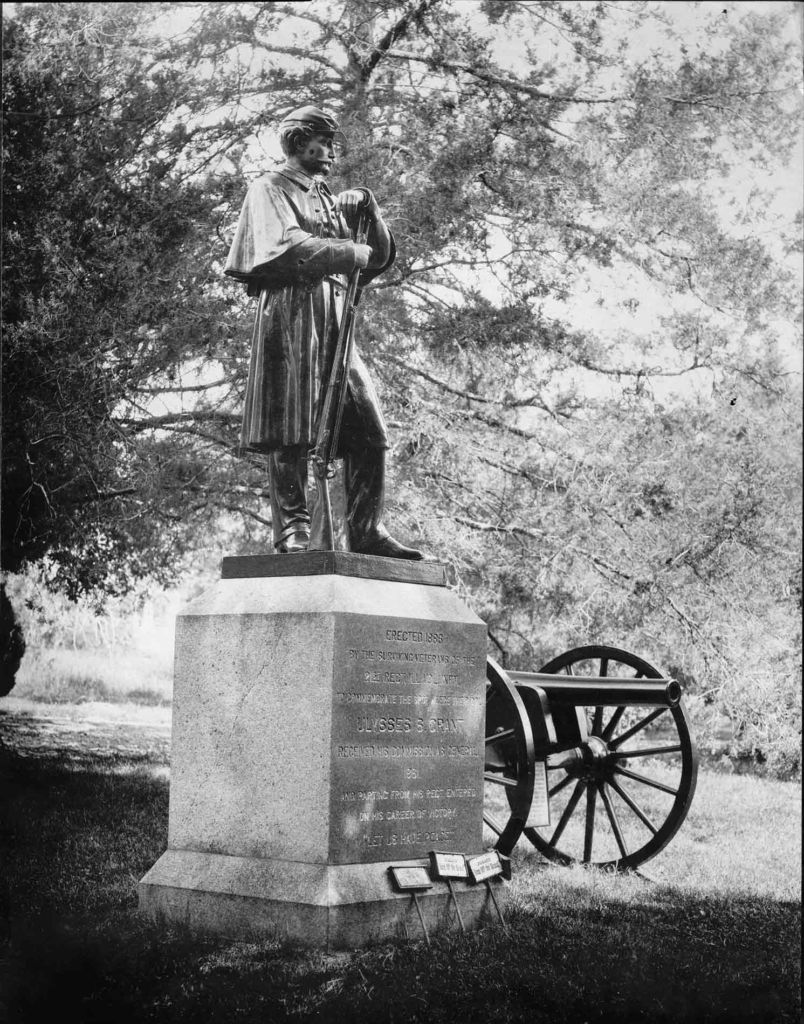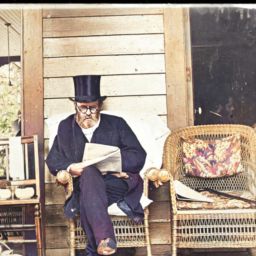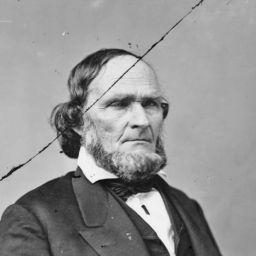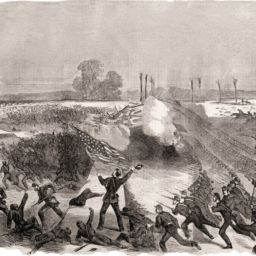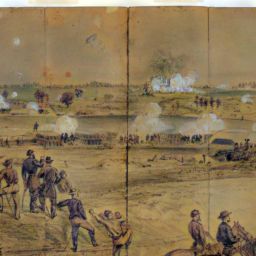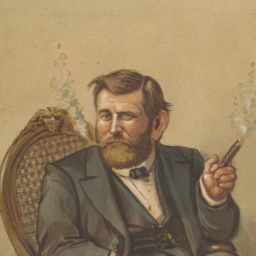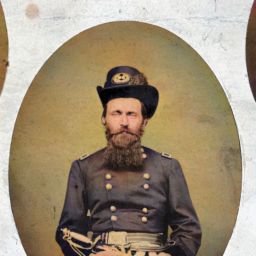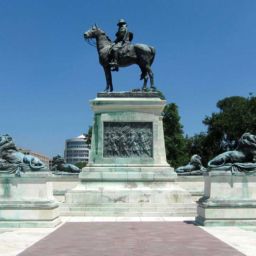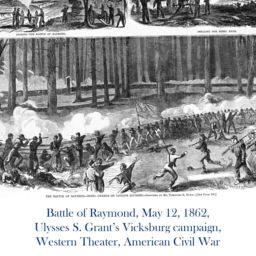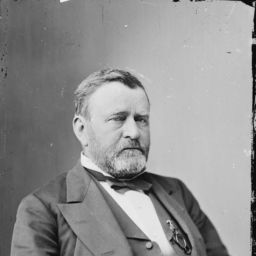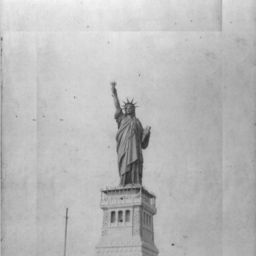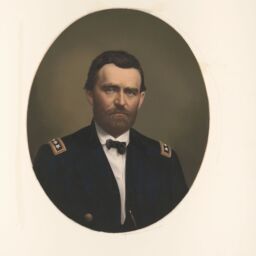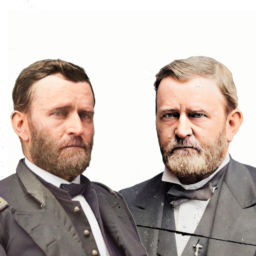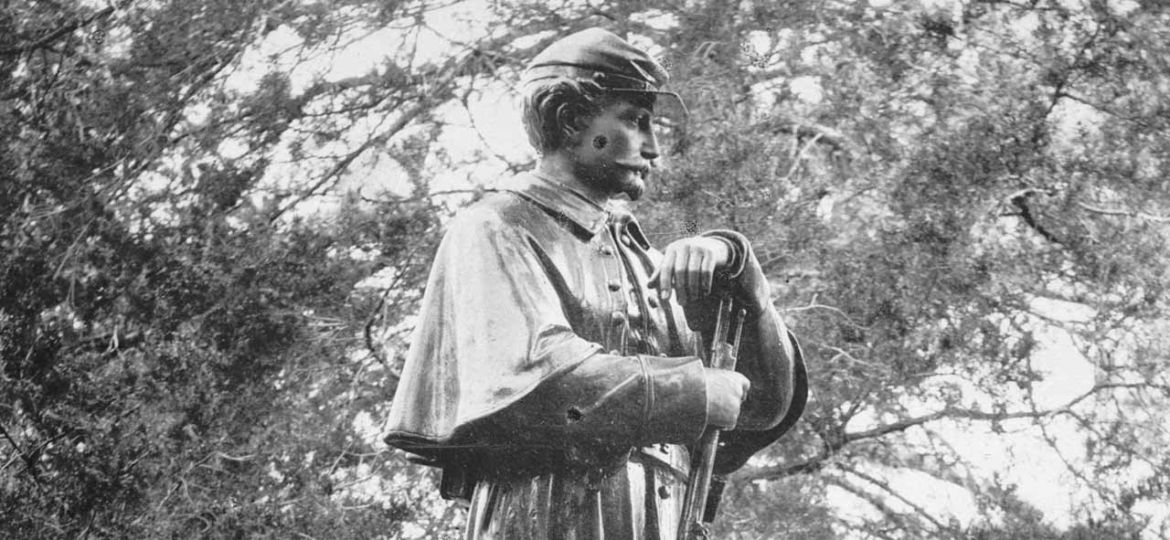
American Civil War, Western Theater, 1861. On July 19, 1861, Colonel Ulysses S. Grant, commanding the 21st Illinois Volunteer Infantry Regiment wrote to his wife Julia from Macon City, Missouri:
When we first come [to Missouri] there was a terrible state of fear existing among the people[.] They thought that evry horror known in the whole catalogue of disa[sters] following a state of war was going to be their portion at once. But now they are becoming much more reassured. They find that all [U.S.] troops are not the desperate characters they took them for.\
He also noted:
I am fully convinced that if orderly troops could be marched through this country, and none others, it would create a very different state of feeling from what exists now.
On June 15, 1861, Ulysses S. Grant had received a telegram from Illinois’ governor Richard Yates appointing him colonel of the 21st Illinoi. Grant was replacing a younger, less effective colonel who had not brought discipline to the regiment. (In less than two months’ time, Grant would be promoted to the rank of brigadier general.)
Grant in his Personal Memoirs wrote of his new regiment:
I found it very hard work for a few days to bring all the men into anything like subordination; but the great majority favored discipline, and by the application of a little regular army punishment all were reduced to as good discipline as one could ask.


